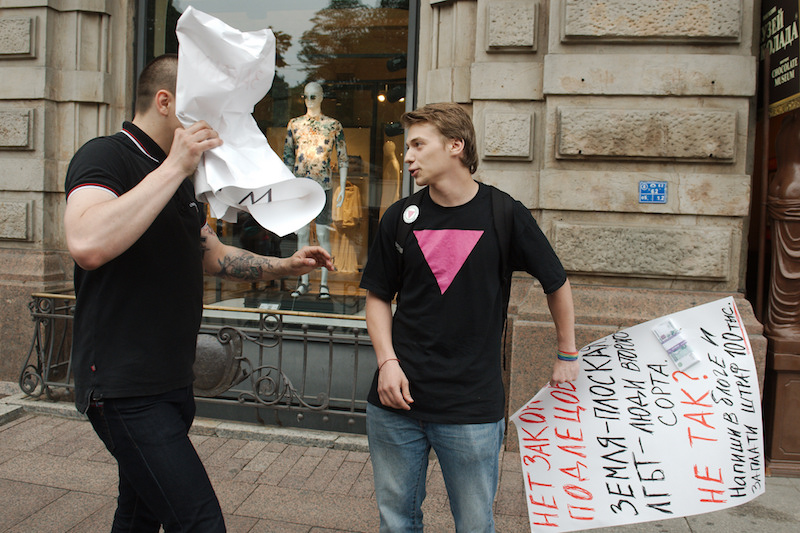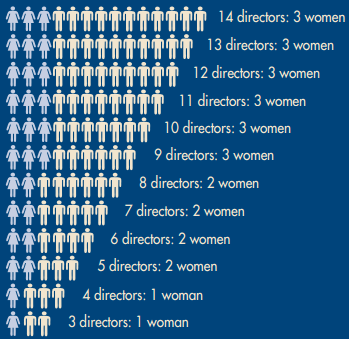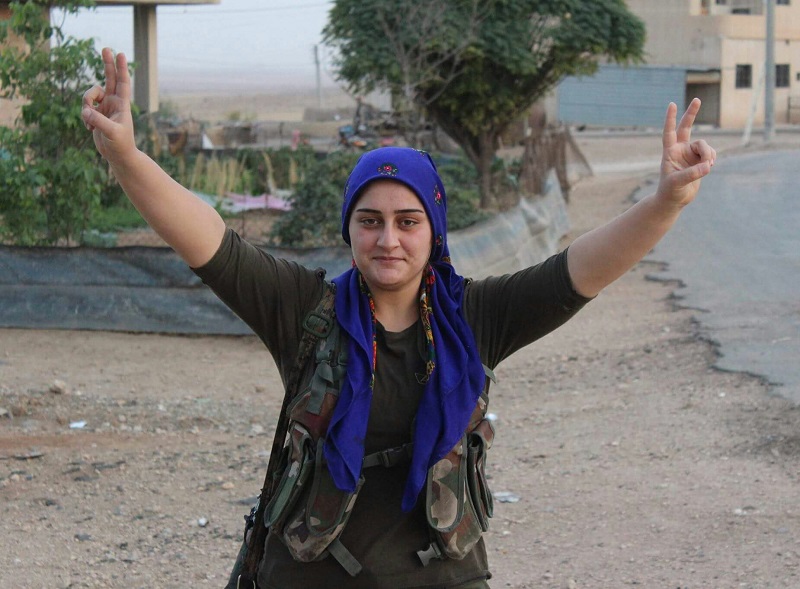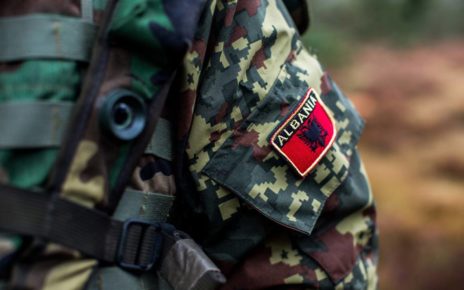News has emerged on a growing campaign of abuse in Chechnya involving unlawful arrests, public humiliation, disappearances, torture, electric shock, and beatings of men suspected of homosexuality by the security forces of Ramzan Kadyrov, Head of the Chechen Republic. According to Russian newspaper, Novaya Gazeta, over 100 men have been unofficially detained in a former military base outside Grozny. At least three men are known to be dead, while many others are suspected victims of honour killings. The campaign is thought to have been inspired after Moscow-based gay rights group, GayRussia.ru put in requests for pride parades, which were denied.
Organisations such as Human Rights Watch (HRW) and the International Crisis Group have corroborated the information through their own sources, even though Chechen officials have thus far denied all reports. Kadyrov’s spokesperson, Alvi Karimov, has claimed ‘If such people existed in Chechnya, law enforcement would not have to worry about them since their own relatives would have sent them to where they could never return.’ By disregarding the existence of homosexual people and suggesting they would be ‘disappeared’ by their own relatives, Karimov’s words reveal the widespread culture of shame that surrounds homosexuality in Chechnya.
The conservatism of Chechen society means that those who identify as homosexual publically risk vulnerability. They risk being extorted out of millions of rubles to avoid exposure, being disowned by their family, severe abuses, even death. In an interview in 2013 about living closeted in Chechnya, the interviewee talks about the need to hide his sexuality out of fear of being ostracized and of bringing shame on the family if he ‘comes out’, especially as the stigma extends beyond the individual to other relatives whose prospects for marriage and careers could be severely affected. Consequently, it is not unusual for family members to resort to honour killings. The act of honour killings puts the onus of shame on an individual who is perceived to have transgressed social norms and thus should be killed to restore honour to the family. Novaya Gazeta has suggested that in the crackdown, some men may have been returned to families under expectations that the family would perform the honour killing.
Indeed, in a recent April 2017 interview with a gay Chechen man who escaped abuse, he speaks about being a target for extortion by friends, fleeing Russia, then returning to find his family targeted by police. They had detained his brother while attempting to get his family to persuade him to return so that he could be killed. He reiterates a story about an acquaintance who was returned to his family by officers under the condition that the family would execute an honour killing — which his uncle in fact did perform. In another interview, a man who had been caught in the crackdown and imprisoned for 10 days describes being tortured by electric shock for contact information of other gay people and extorted as a ‘preventative’ method for stopping homosexuality. At his release, he and other inmates were publicly humiliated in front of their relatives before being given back to their families. Upon his return home, his father almost beat him, only changing his mind when he saw his son had already been beaten. This level of persecution faced by gay people reveals how deep the stigma of homosexuality runs in Chechnya. Kheda Saratova, a Chechen activist who sits on Kadyrov’s human rights council, has stated that ‘In our Chechen society, any person who respects our traditions and culture will hunt down this kind of person without any help from authorities, and do everything to make sure that this kind of person does not exist in our society.’
In response to these reports, the Russian LGBT-Network has opened a hotline for emergency support. While there have been appeals to Russian authorities to end the abuses, it is questionable whether Russia will conduct a thorough and comprehensive investigation into these allegations, much less take action. Dmitry Peskov, Press Secretary for President Vladimir Putin, claimed the Kremlin had no prior knowledge, and has encouraged victims to take their situations to court without saying what protection Russian officials can afford, if any at all. Such a recommendation is ineffective in light of Kadyrov’s recent crackdown on perceived dissent and opposition in Chechnya, and intimidation by Chechen authorities.
Furthermore, Putin entertains close connections with and dependency on Kadyrov to uphold stability in the region, and has played a part in widespread state-sanctioned homophobia. Ironically, in the days before Novaya Gazeta’s report, Russia banned an image depicting Putin wearing makeup for its ‘homosexual overtones’, classifying it as ‘extremist material’. The ban follows a 2013 Russian law prohibiting the dissemination of ‘homosexual propaganda’ amongst minors. The law not only curtails rights including freedom of expression and freedom from discrimination, but may be perceived as implicitly allowing violence and harassment against gay people in Russia as it stigmatizes them as second-rate citizens. In 2014, after the law had passed, HRW pointed out Russia’s unresponsiveness, lack of will, and absent policy framework to properly address and prosecute the rise of homophobic crimes. Such a law appears to have been only a precursor to what is going on now in Chechnya.
Photo: LGBT activist attacked during picket against homophobic bill in St. Petersburg, Russia (2013) by Roma Yandolin via Flickr. Licensed under CC BY-SA 2.0.
Disclaimer: Any views or opinions expressed in articles are solely those of the authors and do not necessarily represent the views of the NATO Association of Canada.




